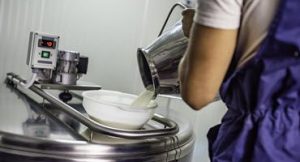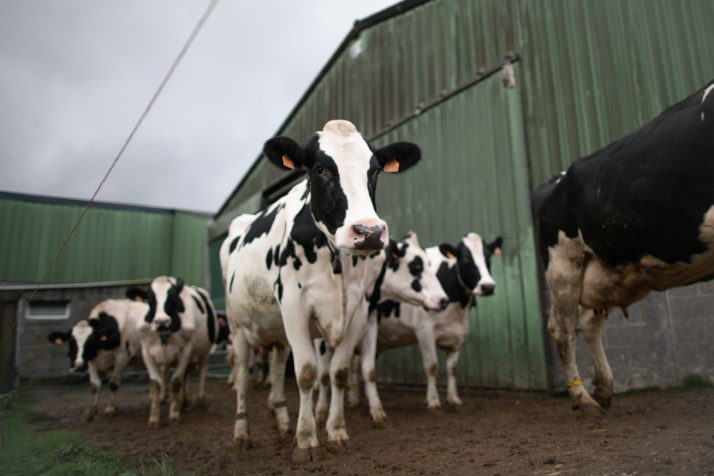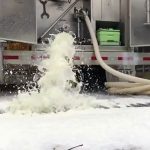
Recent action taken by the Pennsylvania Milk Marketing Board (PMMB) which allows at least a $3 per cwt. (hundredweight) premium on fluid milk that is produced, bottled and consumed in Pennsylvania will help many dairy farmers in Pennsylvania, but not all.
However, a similar proposal was introduced by several dairy cooperatives to the dairy division in Washington, D.C. Apparently, the move was started by some dairy co-ops in the South. Certainly the co-ops and the dairy farmers in some southern states would have benefited from the premium if it became law in the Federal Milk Marketing Orders. However, the Florida Milk Order already has a $4 per cwt. Class I differential (the highest in the United States), and they are fortunate to have a Class I utilization at 82%, while Order #1 utilization could go under 30% for April’s milk. (Order #1 has a $3.25 differential.)
However, even worse is the differential in the upper Midwest which is $1.80 per cwt. while their Class I utilization is a mere 9.6%. This means that dairy farmers in the Midwest would get only 30 cents per cwt., not $3. In Federal Order #1, the increase would be between 80 and 85 cents per cwt. and in Florida, the return would be about $2.50 per cwt. Do you realize the inequity?
We certainly are not against premiums, as we negotiated the original premium with Durling Farms, and then with Readington Farms when they took over Durling Farms many years ago. Both Durling and Readington paid our negotiated premium. Both Durling and then Readington paid the former RCMA premium, while other handlers like Farmland Dairies would not pay a premium.
We also helped obtain the original premium in Pennsylvania, only because the Federal Order price was so low. At the PMMB hearings, we always testified for the over-order premium because it is necessary as no one in Washington, D.C. has ever been willing to tackle the real problem. And that problem is an inadequate pricing formula which does not consider the dairy farmers’ cost of production.
Pro-Ag has developed a formula that should be seriously looked at. At the present time this formula would return to dairy farmers nearly an $18 per cwt. pay price in Federal Order #1. This price would be adjusted for June until September.
Certainly the members of Pro-Ag are mindful of the serious crisis this country is facing, as well as all around the world. As a result of the COVID-19 virus, all of us are prayerfully mindful of the families that have lost loved ones.
In closing, we can’t expect premiums to displace the inadequate prices being faced by dairy farmers. Pro-Ag’s recommendation must be considered (or something close to it). We can’t continue to struggle through this crisis, and we don’t do anything concrete to alleviate this pricing problem which many dairy farmers will be experiencing. Remember, in December 2019, Order #1 had 9,141 dairy farmers, 721 of these produced 60% of the milk, while 8420 dairy farmers produced 40% of the milk. It’s time we wake up and protect these 8420 dairy farmers.
ARDEN TEWKSBURY Manager of Pro-Ag























